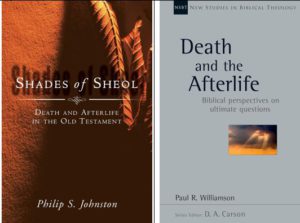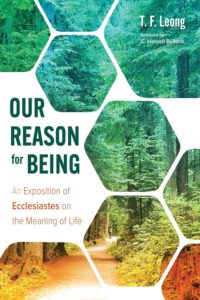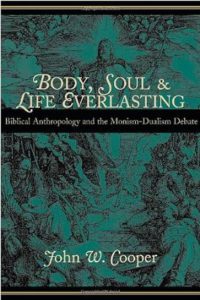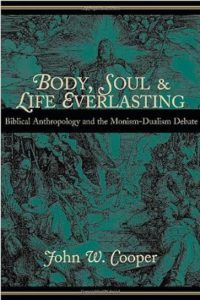 Death, Resurrection and Life Everlasting DRLE Pt.2
Death, Resurrection and Life Everlasting DRLE Pt.2
Death involves disintegration of a person’s vital power, cessation of bodily life, and separation of the body and the soul (nepeš): Gen. 35:18; 1 Kings 19:4). Does the soul continue to exist after the death of the person? The monist theologian’s answer is “no”. Monism argues that according to the Bible, a human being is not divided into separate parts, i.e. body, soul, and spirit, but he exists as a unified or holistic self. Since the soul and the body are just different aspects of a person, existence entails bodily existence. There is no possibility of disembodied existence of the soul after death. The purpose of this post is to show that monism contradicts the Bible which ascribes to the disembodied soul some forms of consciousness in the intermediate state between death and final resurrection.1This post focuses on the biblical teaching on the soul’s disembodied existence in the intermediate state. For a philosophical defence of the tenability of disembodied existence of the soul, see Paul Helm, “A Theory of Disembodied Survival and Re-embodied Existence,” Religious Studies (1978), pp. 15-26; Richard Purtill, “Disembodied Survival,” Sophia 12 (1973), pp. 1-10. Continue reading “Biblical Dualism and the Soul Between Death and Resurrection (the Intermediate State)”

 Death, Resurrection and Life Everlasting – DRLE Pt.1b
Death, Resurrection and Life Everlasting – DRLE Pt.1b
 Death, Resurrection and Life Everlasting – DRLE Pt.1
Death, Resurrection and Life Everlasting – DRLE Pt.1